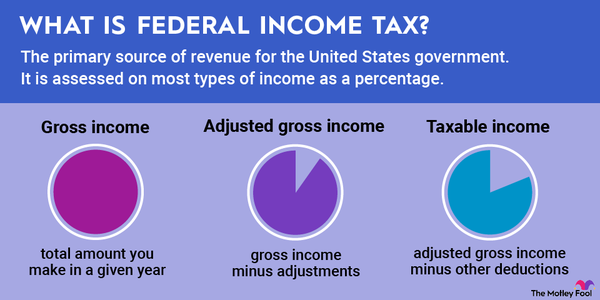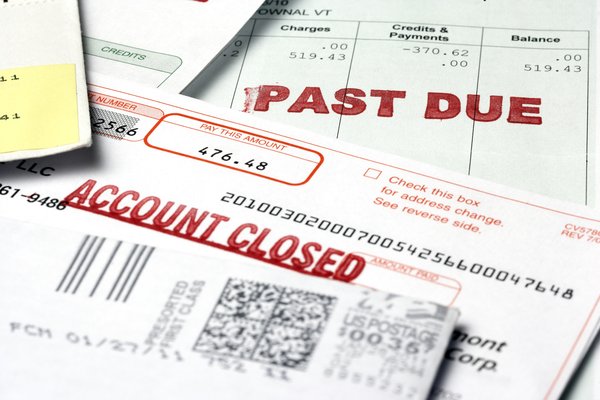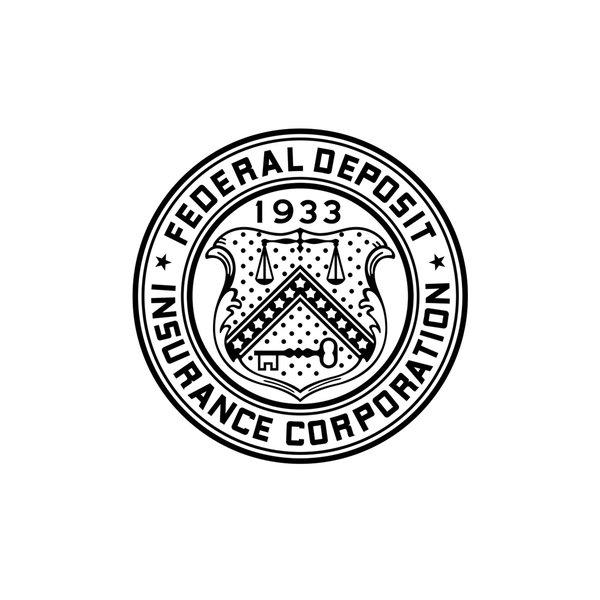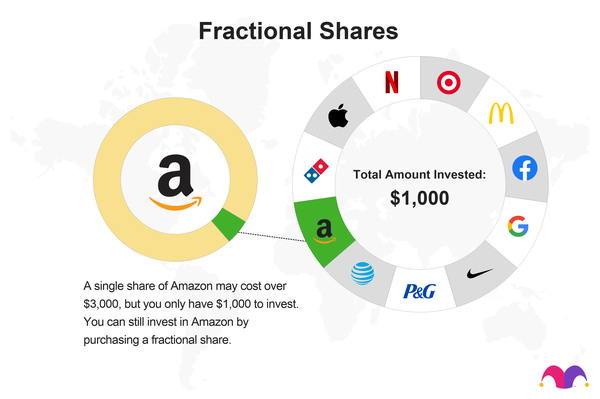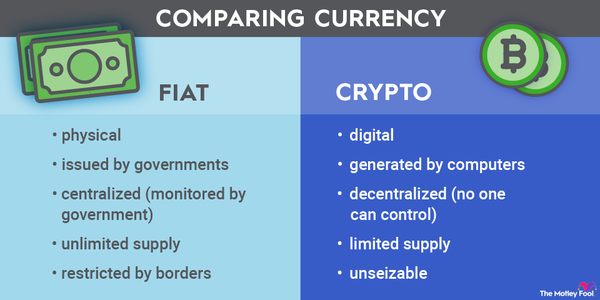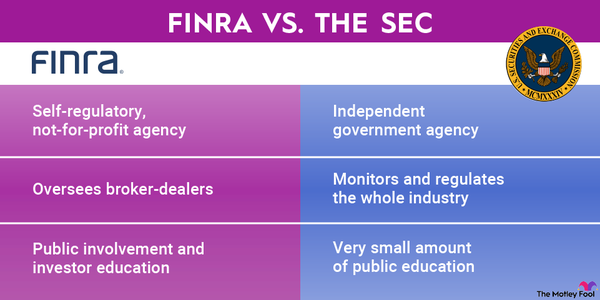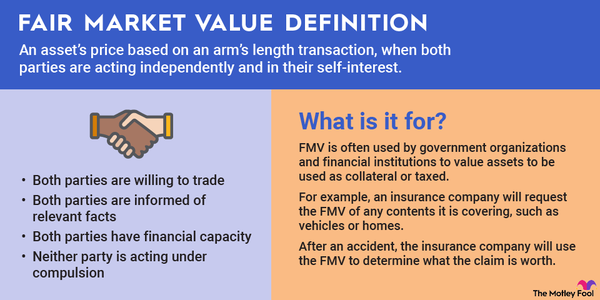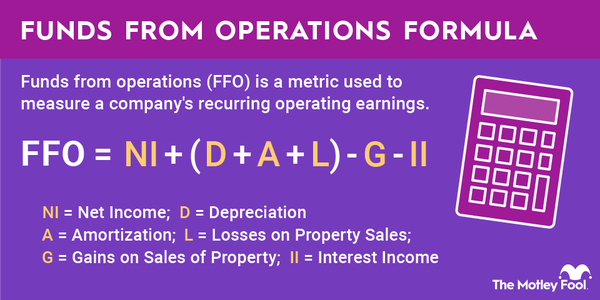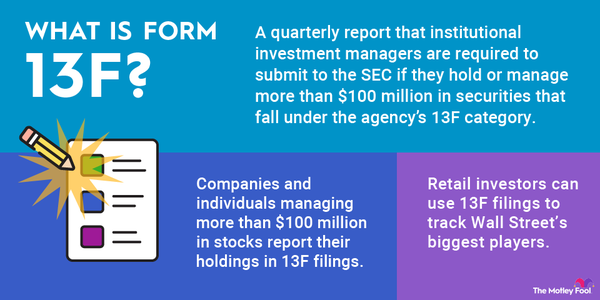If you've been investing in global or international companies, you may be running into company structures that are a little different than what you'll see in domestic companies. For example, the foreign-invested enterprise (FIE) is a common structure in parts of Asia, especially in China.

Overview
What is a foreign-invested enterprise?
Foreign-invested enterprises mainly exist in Asia, with most headquartered in China. These companies are like any others, but instead of being a domestic company (to the country it's located in), they're partially or wholly owned by entities in other countries.
This is important, especially in China, where the government is closely linked to businesses. Updates to its Foreign Investment Law are opening up more opportunities for businesses in China, so you may see more companies qualify as FIEs in the near future.
FIE structures in China
Foreign-invested enterprise structures in China
In China, the Foreign Investment Law helped to simplify the types and numbers of business structures available for foreign investment. Instead of seven organizational types, now there are four primary types:
- Equity joint ventures. In China, an equity joint venture is established between Chinese and foreign parties with the Ministry of Commerce's approval. The business structure then becomes a legal person with limited liability.
- Cooperative joint ventures. Appearing in pure and hybrid versions, the cooperative joint venture may or may not establish a separate legal entity. The pure version is not shielded from risk; the hybrid version limits liability.
- Wholly owned foreign enterprises. Wholly owned foreign enterprises are limited liability companies (LLCs) that are fully controlled by foreign investors. They were initially conceived to encourage manufacturing that dealt heavily in exports or incorporated advanced technology.
- Foreign-invested companies limited by shares. Foreign-invested companies limited by shares are like joint-stock companies but can be set up by foreign investors. This is the only type of FIE that can be listed on the Shanghai Stock Exchange or the Shenzhen Stock Exchange.
FIE vs. FDI
Foreign-invested enterprise vs. foreign direct investment
Foreign-invested enterprises and foreign direct investments sound similar but are somewhat different. For example, a foreign-invested enterprise is always a business entity that is a whole enterprise unto itself. FIEs are also more specific to Asia and largely to China, although they do exist in Korea and Vietnam.
Foreign direct investment (FDI), however, occurs when any company or government directly invests in foreign firms or other foreign undertakings, such as infrastructure projects. FDI can certainly help a company grow, but it's a far more general term that encompasses a lot of different ways to do business.
Related investing topics
Why they matter
Why foreign-invested enterprises matter to investors
If you're considering investing in a company that's a foreign-invested enterprise, it's important that you understand what you're getting into, especially if it's your first foreign investment. There are often different rules, including different reporting requirements, for companies based outside of the United States, and there may also be particular business nuances that will be important to understand before investing.
Knowing if a company is a FIE will tell you to dig deeper into it since it may be harder to verify certain types of data, depending on the type of company. A little extra due diligence is sometimes too much, but in the case of any company owned and operated outside of the United States, it can pay to be careful. Not every stock you buy will be a winner, no matter where the company is based, but extra caution can ensure that FIEs aren't money pits out of the gate.


















